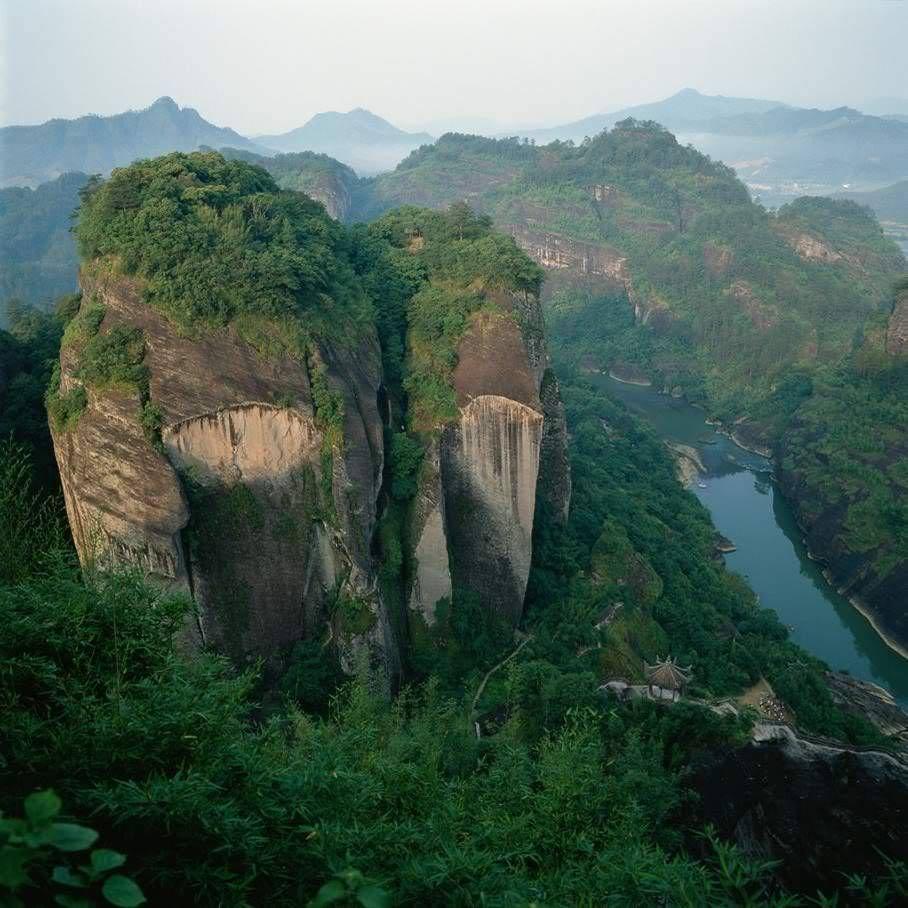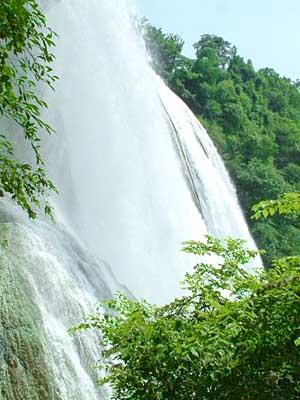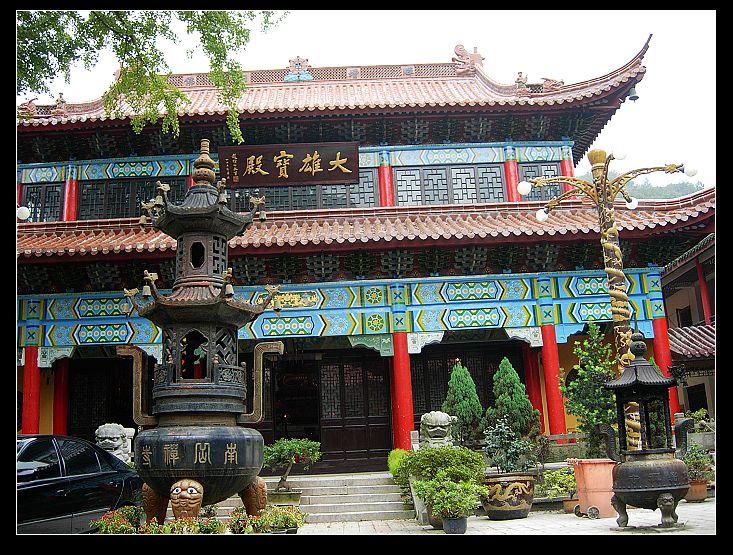
Overview
Among China's Five Great Mountains,Mount Hengshan on southern Hunan Province is the Southern Great Mountain,with its principal peak rising 1,290m above sea leave.It boasts 72 lofty peaks and beautiful natural scenery.There are four principal scenic spots on Mount Hengshan,all of which have been given poetic nicknames:"Grandeur of the Zhurong Peak," "Charm of the Sutra Repositoy,""Wonder of the Waterfall Cave," and "Serenity of the Fangguang Temple."
Know more
Mount Hengshan was a hunting area and sacrifical site foe emperors in ancient China as well as a religious site where both Taoists and Buddhists have long coexisted.It has attracted many famous poets, artists, statesmen, and other important figures in Chinese history.
Extending 400km,Mount Hengshan,the "flying mountain," has different scenery in different seasons:flowers in spring,clouds in summer,the sunrise in autumn,and snow in winter.
At the foot of the mountain stands the largest temple in southern China, the Grand Southern Heights Temple (Nanyue Damiao), which is the largest group of ancient buildings in Hunan Province. It is thought that the original temple dated back as far as the Tang Dynasty (618-907 AD), although it has been destroyed by fire at various stages. The present temple dates back to the Qing Dynasty (1644-1911 AD) and is based on Beijing's Imperial Palace.Hotel in Hengshan:
Must see

Water-screen Cave
The Water-Screen Cave, lying under the Zigai Peak, is an irresistible attraction. The most famous in the Water-Screen Cave is foundation. Walking along the brook and past the stone bridge, you can see stones with different poses and different carvings. The falling foundation falls into a stone pool.

Nanyue Temple
The Nanyue Temple has nine courtyards and the main hall is 22 meters high, supported by 72 stone pillars, which symbolize the 72 peaks of the mountain. Glazed in red and yellow, the temple, covering 98,500 sq. meters, is linked with many other buildings and represents a grand palace complex.
